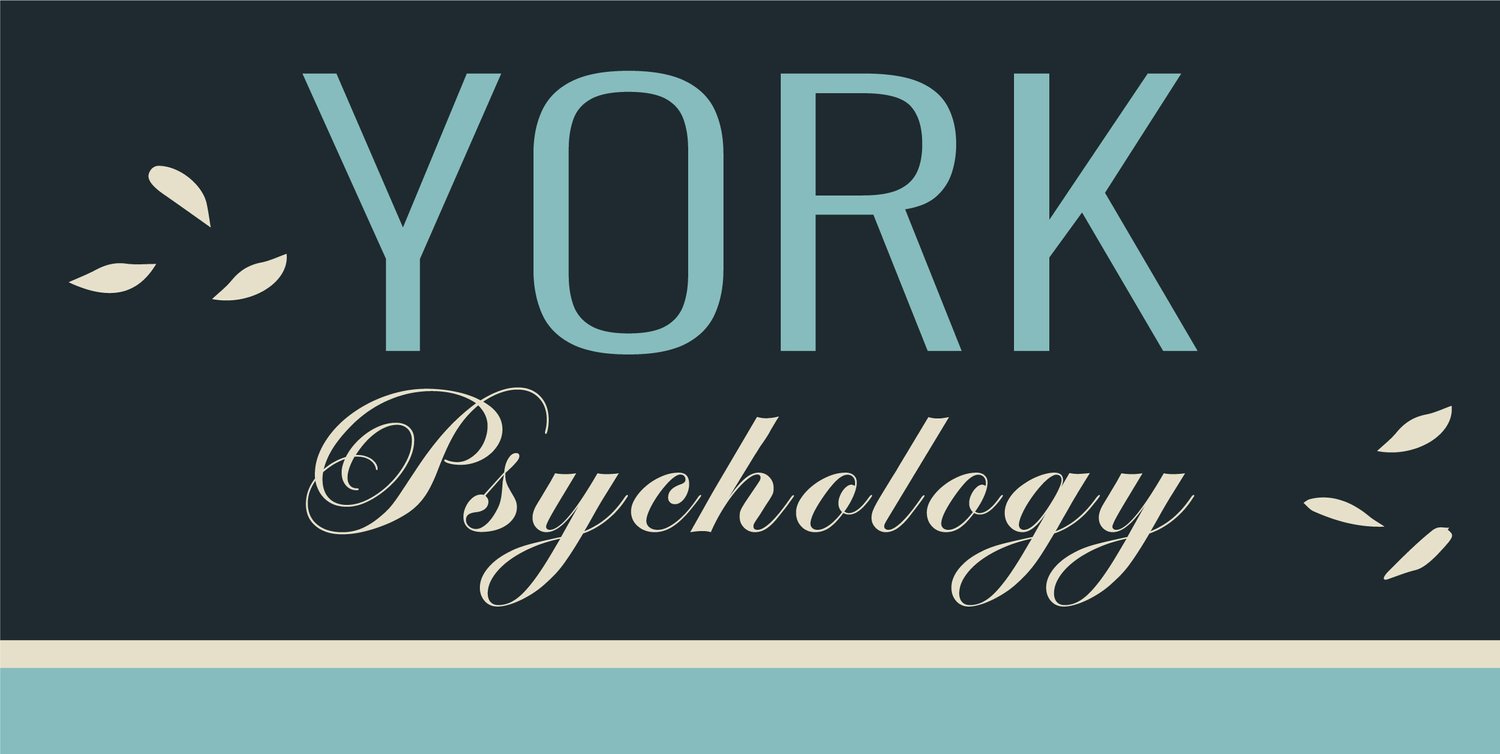How to Manage Daily Stress and Feel Better
What do emotions have to do with it?
We can’t talk about burnout without talking about emotions (see my previous post on Burnout 101). Emotions are important - they’re the instant and automatic reactions we have to stimuli around us. They provide us with information about what’s happening in our environment. We all know the responses we feel in our bodies that let us know we are experiencing emotional responses - anger, happiness, sadness, fear, disgust, or excitement. These emotions also produce felt-reactions in our bodies - that’s how we know what we’re feeling. Fun fact: those reactions typically only last 90 second or less. If left to their own devices, emotional responses and their corresponding physical reactions, will run their course on their own. Your attention will shift, the physical responses die out, and you’ll return to baseline. We often use phrases in the therapy world, like, You’ve got to feel it to heal it. This is true. Letting emotions run their course is important to ensure that they don’t get stuck in your nervous system. Otherwise, they can show up as physical symptoms or even secondary emotions like anxiety, guilt, or shame.
The feeling your feelings step is often where problems happen - you often don’t have time, safety, or privilege to let a full emotional response happen in real time. Working in a helping profession often means you’ve been trained to “be a professional first” (I hate this phase). You’re not allowed to bring your emotions to work (anything other than happy, anyway). You can’t break a sweat during hard conversations or crisis responses, you have to put on a stoic face. That’s fine - but it means that sometime afterward, you need to make time to revisit that stressor and emotional response to let it move through your nervous system. E
Ways to Manage Stress and Emotions
Feel it to heal it is one of the ways that you can care for your nervous system and beat the odds of developing burnout. Make time to check in with yourself daily, especially when you have experienced big stressors. Notice how your body feels, or what emotions come up. Take time to notice them without judgment.
Complete your stress cycle. Taking time to address your nervous system helps you move from fight/flight/freeze and back to baseline. This helps burn off the stress hormones your body has been kicking out to get you through the big stressors in your day. Here are some ways you can complete your stress cycle:
physical activity - do something that gets your heart rate up (20-60 minutes is optimal, but do what is reasonable for you)
breathing exercises - focus on short breaths in and long breaths out through your mouth. A good technique is 4-7-8: inhale for 4 seconds, hold for 7, exhale for 8
positive social interaction - connect with your people who love and support you
physical affection - hug your partner, your kids, or pet an animal. This gets oxytocin (the love hormone) flowing so that you feel connected to your love ones
laughter or a big cry - get those emotions out. Watch your favourite shows or read something that makes you laugh or cry
creative expression - art, photography, music, dance - all of these can help you move through your emotions
muscle tension/relaxation exercises - tense your muscles and hold for 10 seconds, moving from head to toe. Repeat as needed. This can be a great exercise to try if you are too tired to exercise.
play - engage in a hobby or activity that you enjoy and can lose yourself in, something you do just for fun.
If this resonates with you, and you find yourself saying, “YES! This is exactly what I’m going through! What do I do about it?” then please reach out. I’d love to connect with you and support you to learn more about your nervous system and how you can take care of it. Click here to book a session or email me at laurel@yorkpsychology.org.
*Information in this post is largely drawn from Burnout: the Secret to Unlocking the Stress Cycle by Emily & Amelia Nagoski, which you can find here: https://www.emilynagoski.com/home
